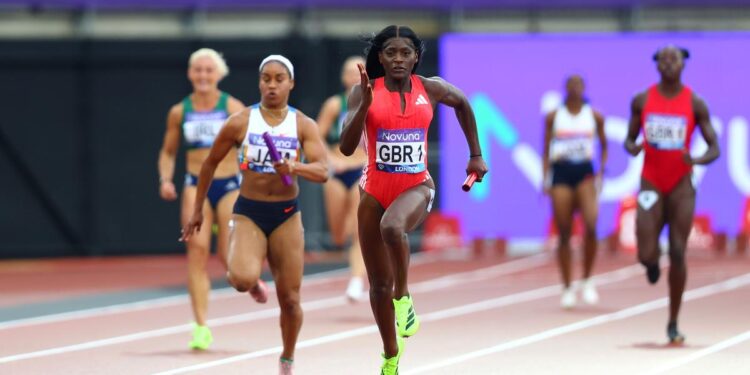Monaco – In a significant move set to redefine eligibility in women’s athletics, World Athletics has announced that all athletes wishing to compete in the female category for world ranking competitions will be required to undergo a one-time SRY gene test. The new regulations are set to come into effect on September 1, just ahead of the World Athletics Championships in Tokyo (September 13-21), where they will be immediately applied.
The SRY Gene Test: A New Standard for Eligibility
The mandatory test screens for the SRY gene, which is part of the Y chromosome and is responsible for the development of male characteristics. This test, which can be conducted via a simple cheek swab or blood sample, aims to provide a clear biological criterion for competition.
According to World Athletics, if an athlete’s test results in a negative finding for the Y chromosome, they will be eligible to compete in the female category. Conversely, a positive result for the SRY gene will restrict the athlete to competing in non-world ranking competitions within the female category, or in other categories outside of the female classification. This is a one-time test, and its oversight will be managed by individual member federations. World Athletics emphasizes the test’s accuracy, stating in a published FAQ page that it is “extremely accurate” and that “the risk of false negative or positive is extremely unlikely.”
This initiative follows a similar precedent set by World Boxing, which approved the use of the SRY test in May when it introduced mandatory sex testing for all its athletes.
Broader Context: Tightening Regulations for Transgender and DSD Athletes
The introduction of the SRY gene test is the latest in a series of measures approved by the World Athletics Council in March, aimed at tightening regulations regarding the eligibility of transgender and Difference of Sex Development (DSD) athletes.
In March 2023, World Athletics had already implemented a ban on transgender athletes who had undergone male puberty from competing in the female category in international competitions. Furthermore, a working group had recommended that World Athletics merge regulations for both DSD and transgender athletes. This recommendation was based on new evidence suggesting that testosterone suppression, while impactful, “can only ever partly mitigate the overall male advantage in the sport of athletics.”
Previously, DSD athletes were required to reduce their testosterone levels to a set threshold for at least six months to compete in any female category event internationally.
The Caster Semenya Case: A Continuing Legal Saga
The ongoing debate surrounding DSD athletes was highlighted earlier in July when the European Court of Human Rights (ECHR) ruled in favor of two-time Olympic gold medallist Caster Semenya. The ECHR determined that Semenya had her right to a fair hearing violated by the Swiss Federal Supreme Court, which had previously dismissed her 2020 appeal against World Athletics regulations.
Semenya, 34, who was born with DSD, has been effectively barred from competing in her preferred 800m event since 2019, when World Athletics introduced rules restricting testosterone levels for track events ranging from 400m up to the mile. It is crucial to note that the ECHR’s case was specifically against the Swiss government for not protecting Semenya’s rights, rather than a direct ruling against the sporting bodies or the DSD regulations themselves.



















Discussion about this post